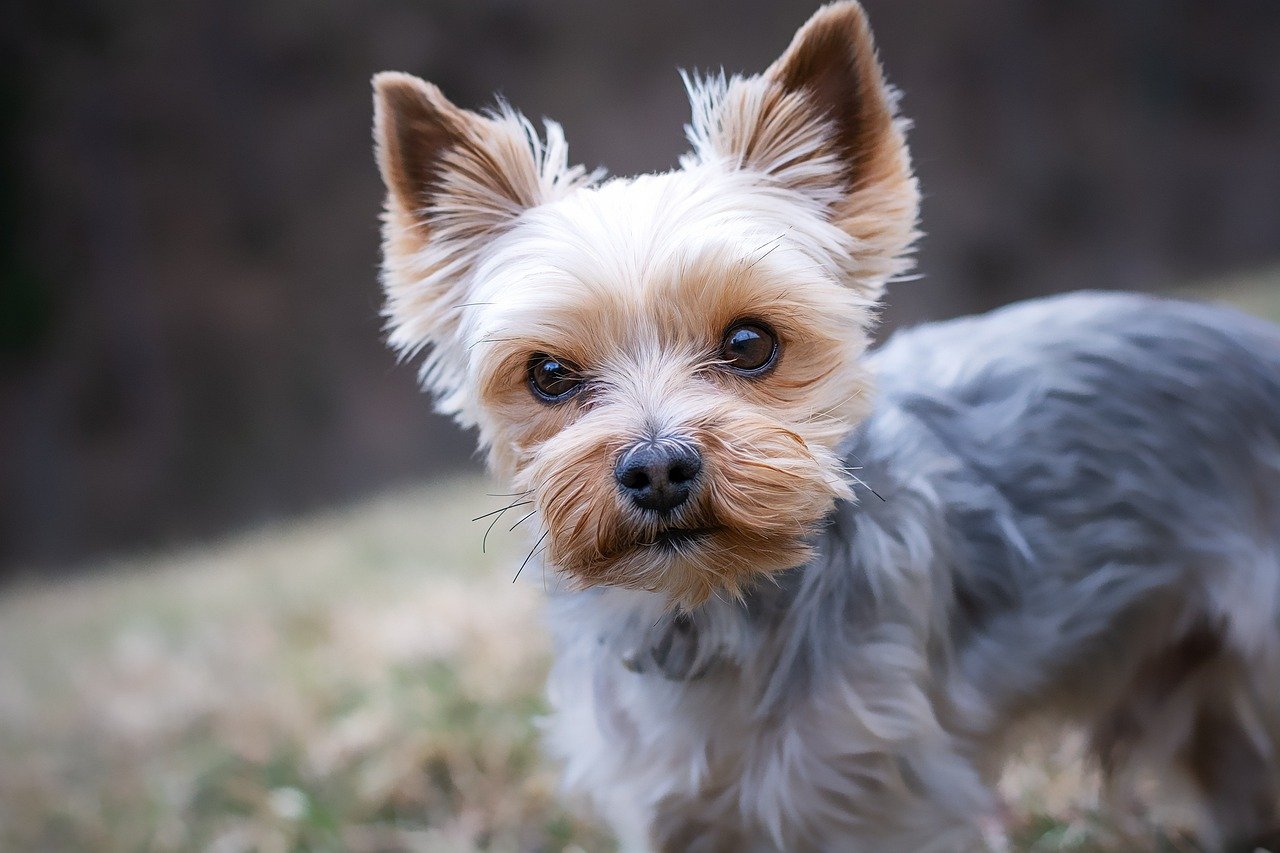Have you ever fallen in love with a tiny dog’s big eyes and even bigger attitude, only to wonder if they’d be a good fit for your family? The idea of a sweet, small pup snuggling up with your children is heartwarming, but the truth is, not every small breed is cut out for life with little ones. Some of these pint-sized companions come with personalities that can clash with the energy, unpredictability, and playfulness of kids. Let’s pull back the curtain and look at twelve adorable, but surprisingly unsuitable, small dog breeds for families with kids. You might just save yourself and your family from an unexpected heartbreak, a few nipped fingers, or worse.
Chihuahua
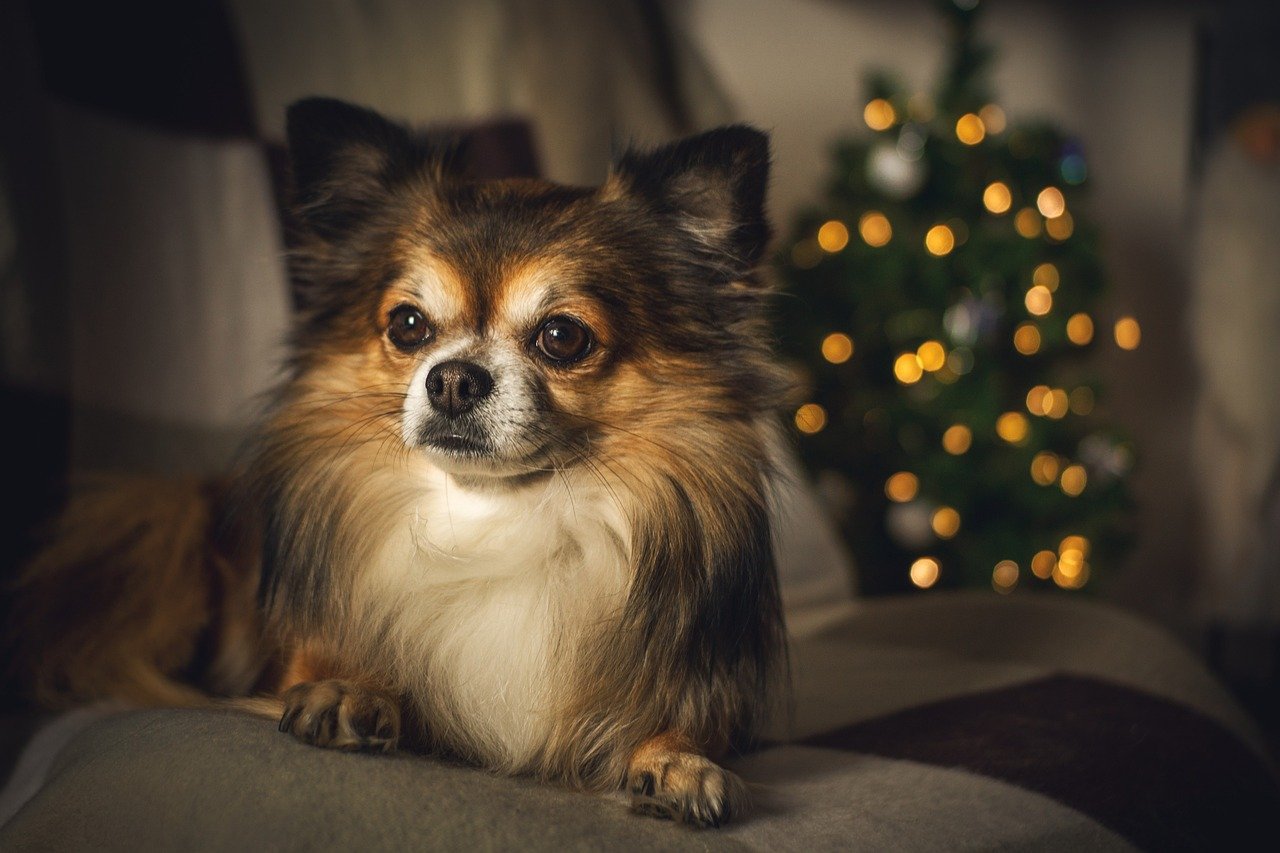
Small dogs are often seen as ideal family pets due to their size, charm, and manageability. However, not all petite pups are well-suited for households with young children. Some small breeds are known for being sensitive, high-strung, or intolerant of rough handling—traits that can lead to stress or defensive behavior in a busy, child-filled environment. Understanding a breed’s temperament, energy level, and tolerance is crucial when choosing the right canine companion for your family.
The Chihuahua is a classic pocket-sized pup, but don’t let their toy-like appearance fool you. These dogs are fiercely loyal to one or two adults and can quickly become overwhelmed by the noise and chaos children bring. Their tiny bodies are fragile, making rough play a real risk for accidental injury. Chihuahuas are also known for being quick to snap or nip if startled or teased, which is a real possibility around curious kids. They tend to be possessive of their favorite person and toys, leading to jealousy if kids try to join in. Many Chihuahua owners report that their dogs prefer quiet cuddles over energetic play. If you’re looking for a dog that will be your child’s playful sidekick, the Chihuahua may not be the best fit. Just because they’re small doesn’t mean they’ll tolerate little hands and big energy.
Pekingese
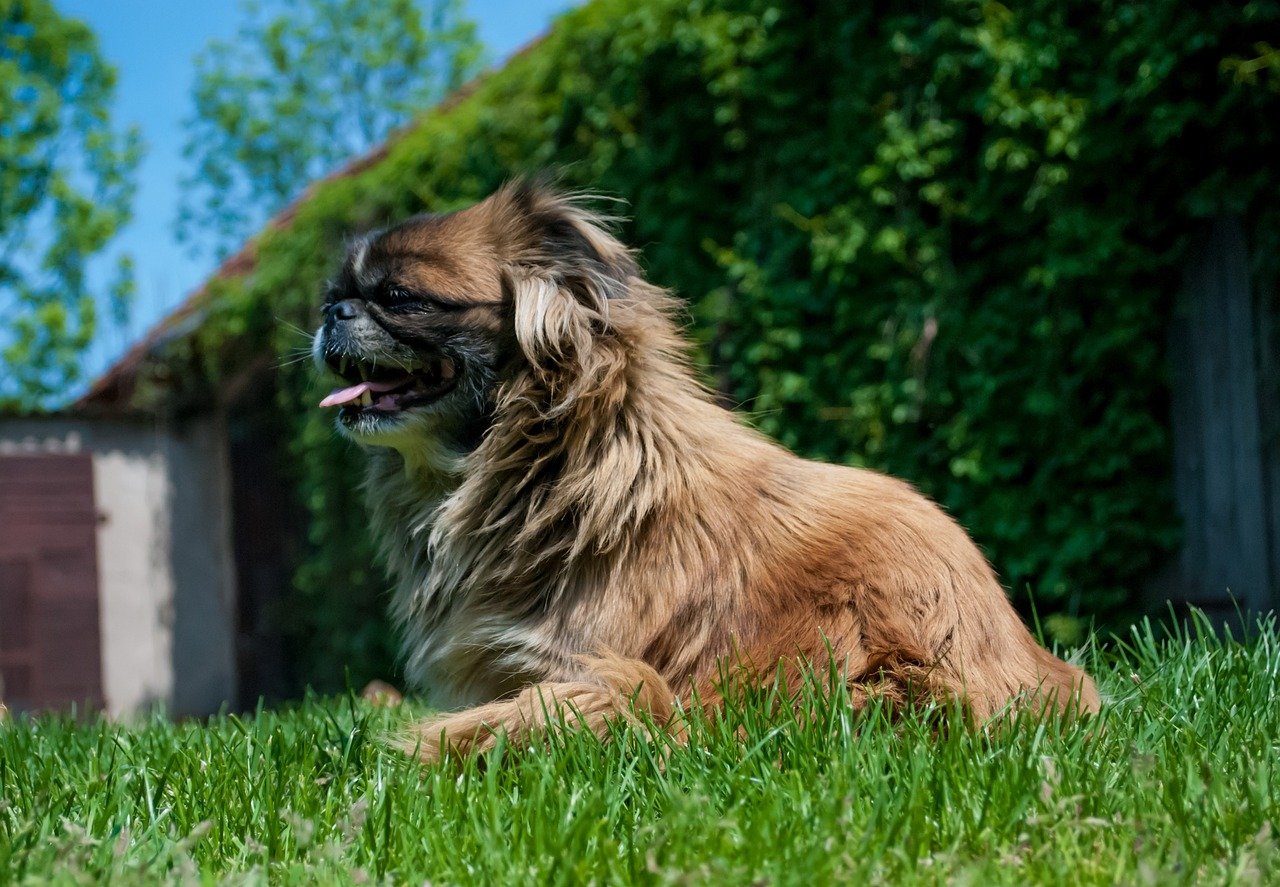
With their lion-like mane and regal attitude, Pekingese dogs carry themselves with a dignity that’s hard to ignore. They were bred as royal companions, not as rough-and-tumble family pets. Pekingese can be aloof, stubborn, and sometimes even grumpy, especially if their personal space is invaded. Children, especially young ones, often don’t understand these boundaries and may unintentionally provoke a negative reaction. This breed is also susceptible to back injuries if handled roughly, and their thick coats can be easily pulled by tiny hands. While they can be affectionate with adults, they’re generally not patient with the unpredictable antics of kids. Their strong-willed nature means they won’t hesitate to let your child know when enough is enough.
Papillon
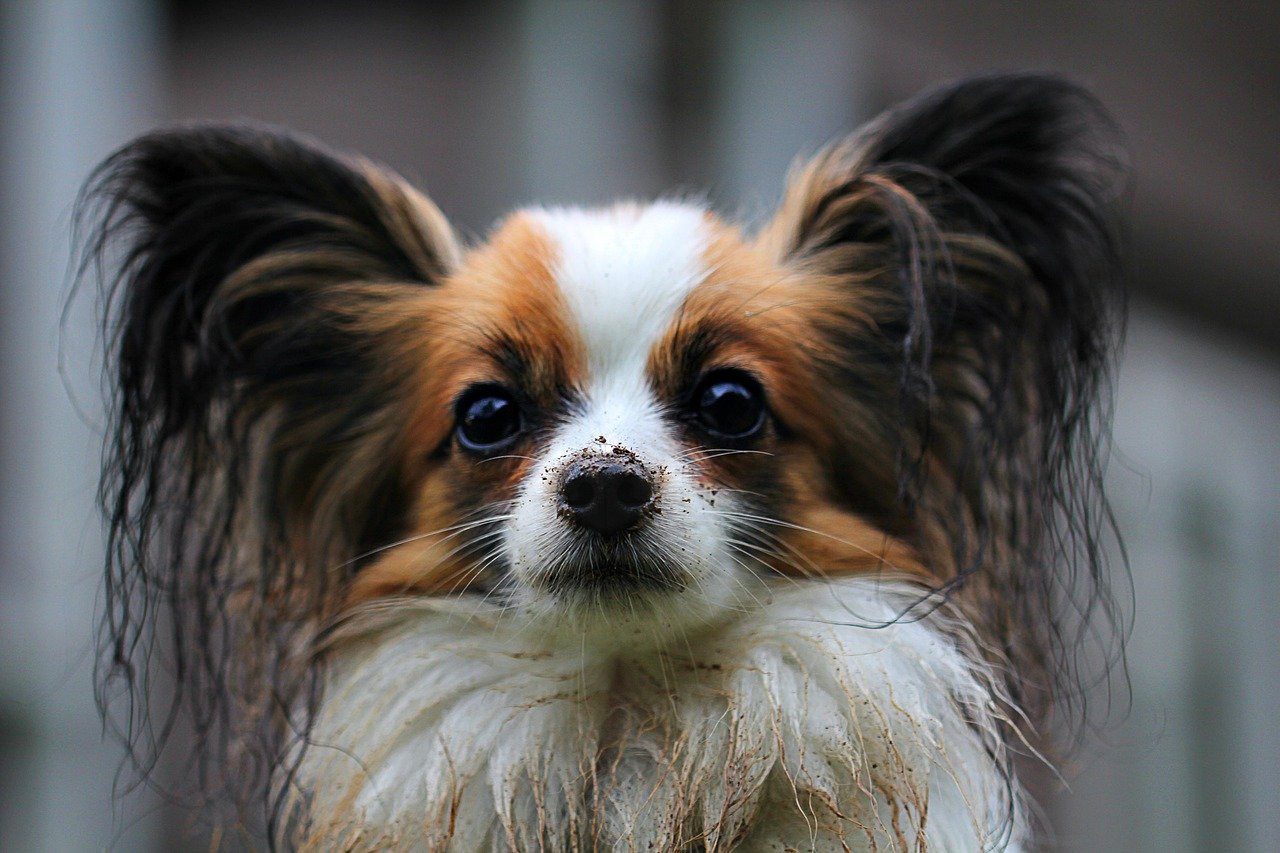
Papillons, with their butterfly-like ears and graceful movements, look like the perfect little companion. But beneath that dainty exterior lies a dog with a sensitive soul and a strong mind of her own. Papillons are highly intelligent and alert, which makes them quick to react to sudden movements and loud noises. This can translate into nervousness or even aggression around energetic children. Their small size puts them at risk of injury during play, especially if a child tries to pick them up incorrectly. Papillons demand a gentle touch and a calm environment, which can be hard to guarantee in a busy household. They can become anxious or yappy if they feel threatened or overstimulated. If you want harmony between dog and child, the Papillon is usually happier in an adult-only home.
Italian Greyhound
Italian Greyhounds are elegant, sleek, and about as delicate as a porcelain figurine. They adore lounging in sunny spots, but their slender legs are easily fractured with even a minor fall or roughhousing. Young children, who might want to play chase or give big hugs, can unintentionally hurt this breed. Italian Greyhounds are also known for being shy and sensitive, often retreating from loud noises or boisterous play. This can lead to anxiety or even accidents indoors if they’re too nervous to go outside. While they bond deeply with their owners, they’re happiest with gentle adults who understand their need for peace and predictability. If you have a lively home full of kids, these little greyhounds might end up spending more time hiding than playing.
Pomeranian
Pomeranians are tiny balls of fluff with huge personalities. They’re confident, even bossy, and sometimes act like they’re the kings and queens of the house. While their antics can be hilarious, their boldness also means they aren’t afraid to stand up for themselves—even against much bigger adversaries, including children. Pomeranians can be nippy when startled or annoyed, and their thick fur is a magnet for little hands eager to tug and squeeze. Their small size doesn’t leave much room for error if a child is too rough. They also tend to pick favorites, which can leave other family members, including kids, feeling left out. If you’re searching for a dog that will patiently tolerate all your children’s love, a Pomeranian might surprise you—in the wrong way.
Miniature Pinscher
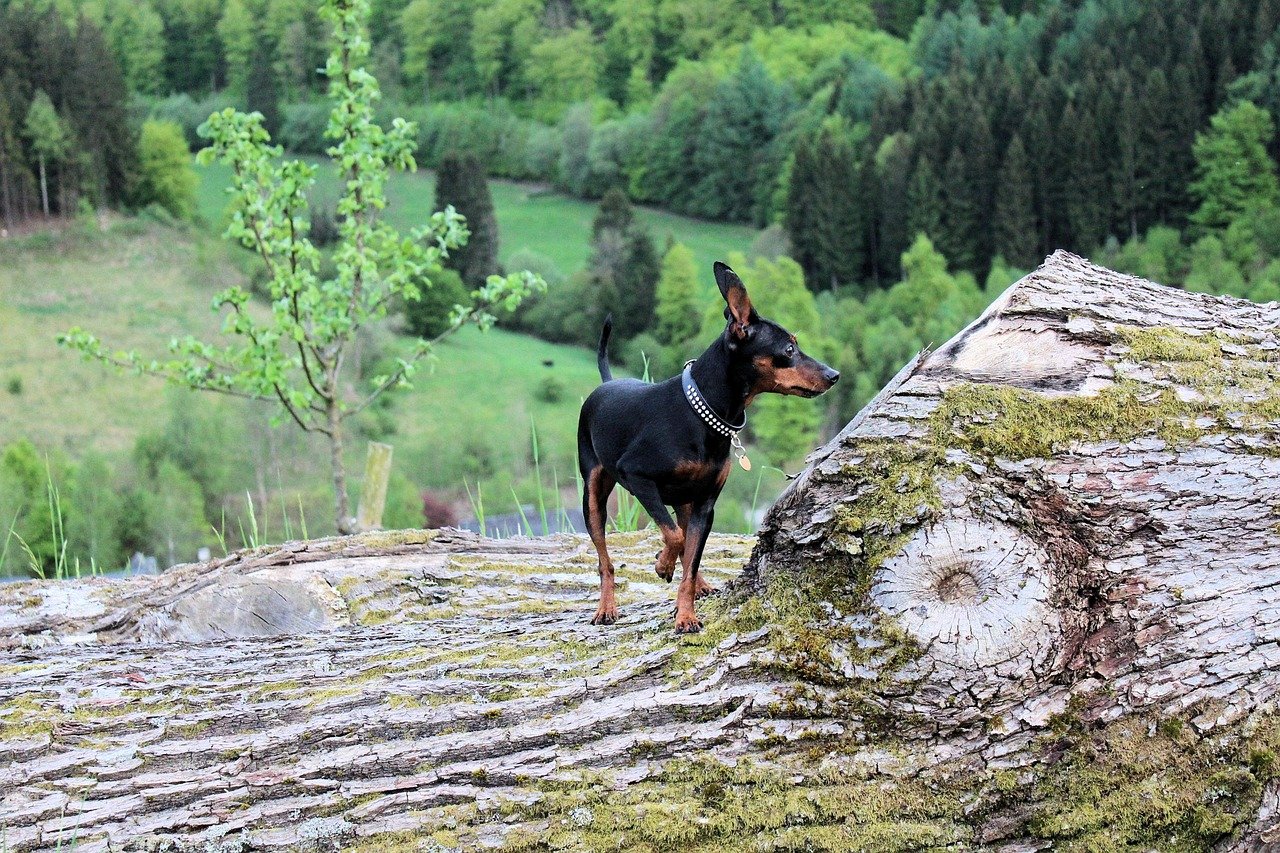
Don’t be fooled by the Miniature Pinscher’s small stature; these dogs are firecrackers with a mind of their own. Sometimes called the “King of Toys,” their big-dog attitude means they’re always ready to assert themselves, even with children. Miniature Pinschers are energetic but not always patient, and they’re known for being quick to defend their space and possessions. Because of their independent streak, they may not tolerate rough handling or unpredictable behavior from kids. They can also be prone to nipping or barking if they feel threatened or annoyed. These dogs require firm, consistent training and an owner who can provide clear boundaries. In a house full of kids, the Miniature Pinscher’s strong will can quickly turn into a daily power struggle.
Shih Tzu
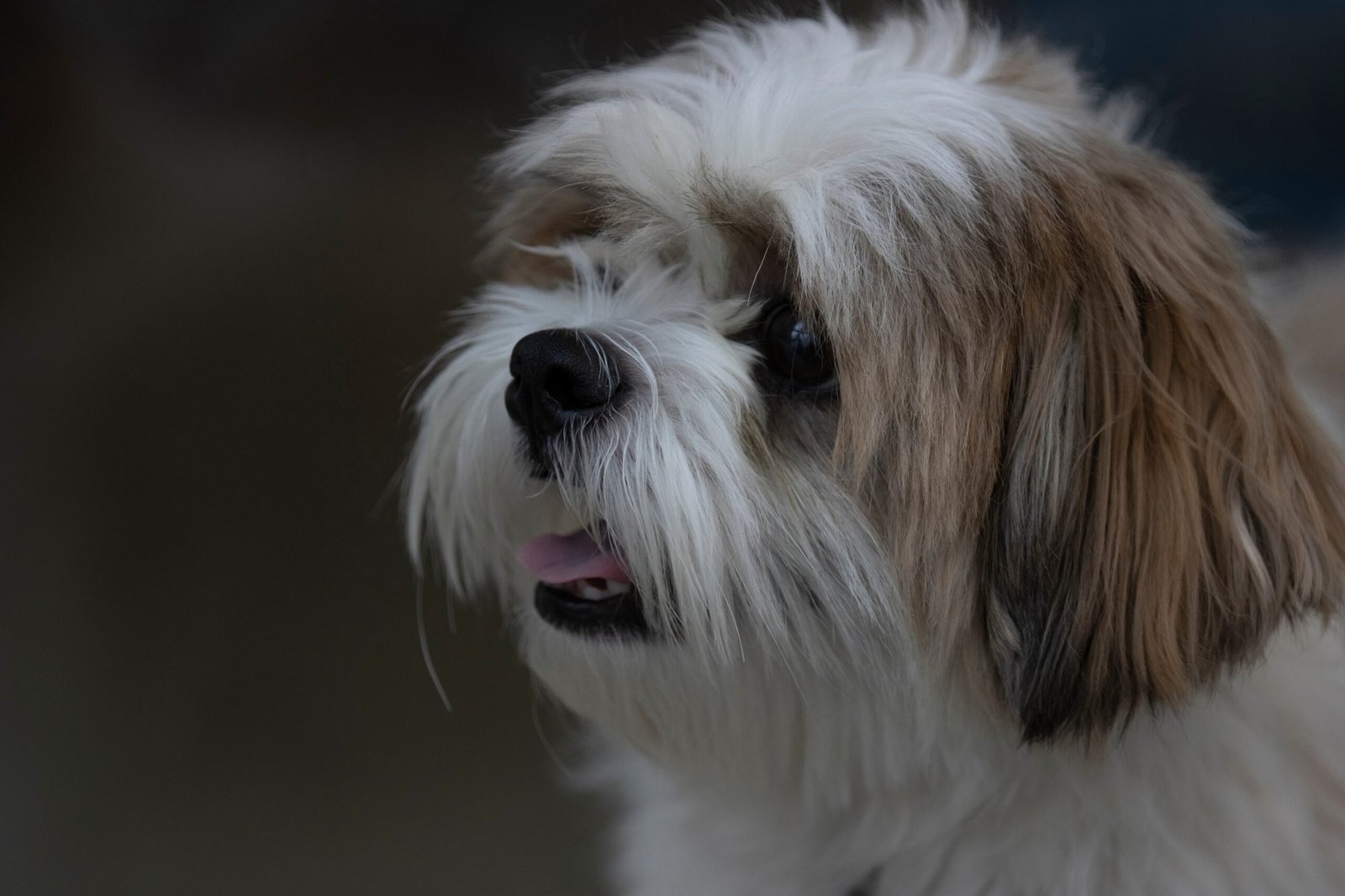
The Shih Tzu is often seen as a cuddly lap dog, but looks can be deceiving. While they are affectionate, they tend to bond closely with one or two people and are not always open to being poked or prodded by children. Their long, luxurious coats require regular grooming, which impatient kids may find tedious or try to avoid altogether. Shih Tzus can be stubborn and don’t always appreciate being picked up or carried around. If they’re startled, they may snap or try to escape, putting themselves and your child at risk. Their small size also means that even a small fall or rough handling can cause injury. If your family is looking for a tolerant, playful companion for your kids, the Shih Tzu’s diva tendencies may not be the right match.
Lhasa Apso
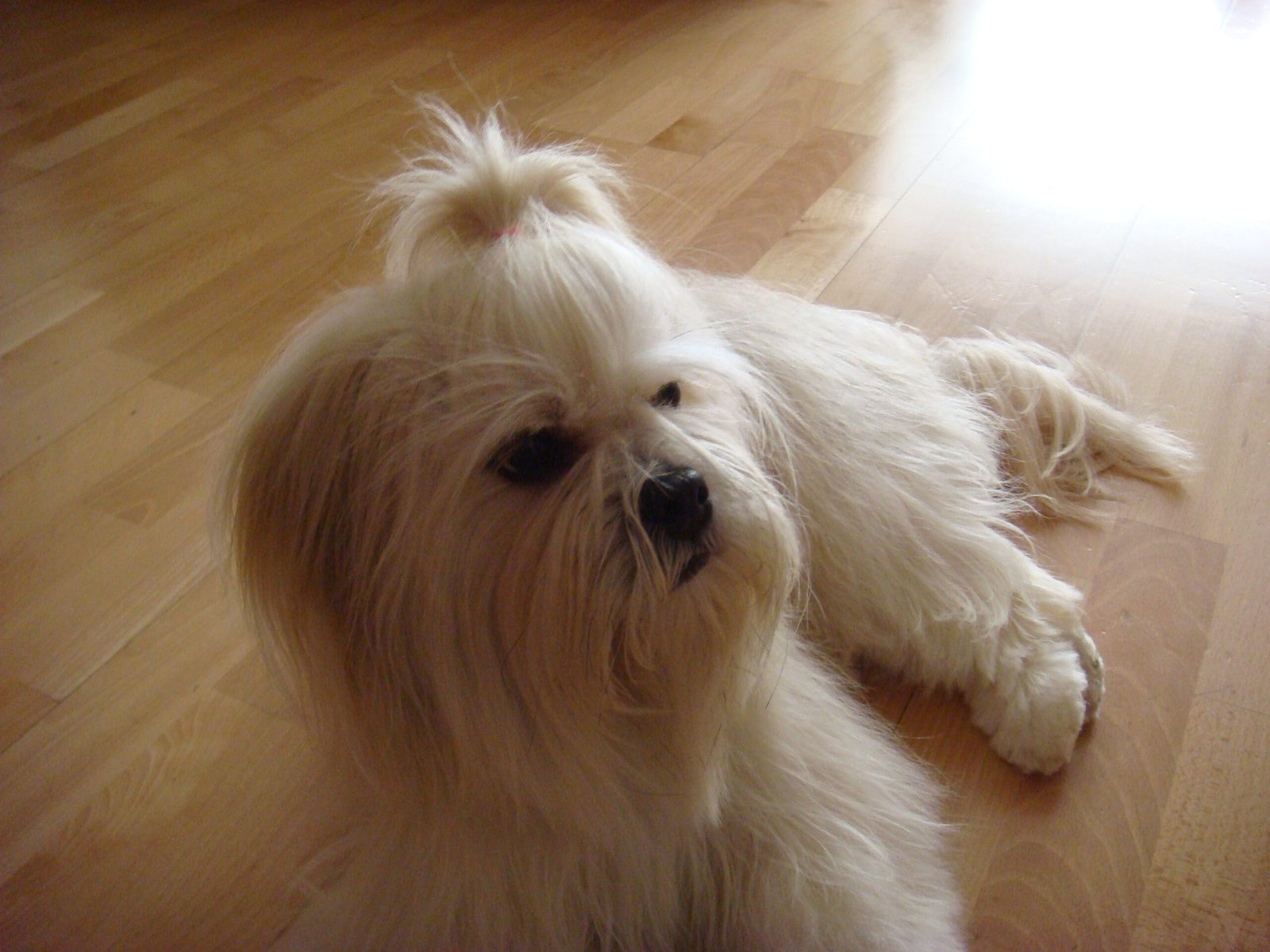
Bred as vigilant watchdogs in Tibetan monasteries, Lhasa Apsos have a natural suspicion of strangers and a strong sense of territory. This wariness can extend to children, especially those who don’t respect their boundaries. Lhasa Apsos are known for their independence and can be aloof, preferring calm, predictable environments over noisy, chaotic ones. Their long hair is beautiful but tempting for children to pull, which often does not end well. When they feel threatened or overwhelmed, they can become snappy or reclusive. Lhasa Apsos also tend to be stubborn, which can make training difficult for first-time dog owners or young handlers. If you want a family dog who will join in the fun, the Lhasa Apso may be better suited to a quieter, adult-only home.
Japanese Chin

The Japanese Chin is a charming, cat-like dog that thrives in a peaceful environment. They are sensitive souls who can become easily stressed by loud noises and sudden movements—two things that are pretty much guaranteed in a home with kids. Japanese Chins are fragile and can be injured by rough play or being dropped. They’re also known for their particular habits and routines, which children may disrupt. These little dogs prefer gentle handling and calm surroundings, and they can withdraw or show signs of anxiety if they feel overwhelmed. While they’re loving and loyal to their chosen humans, their delicate nature means they’re not equipped to be a child’s playmate. In the wrong environment, their sweet personalities can quickly turn timid or even defensive.
Chinese Crested
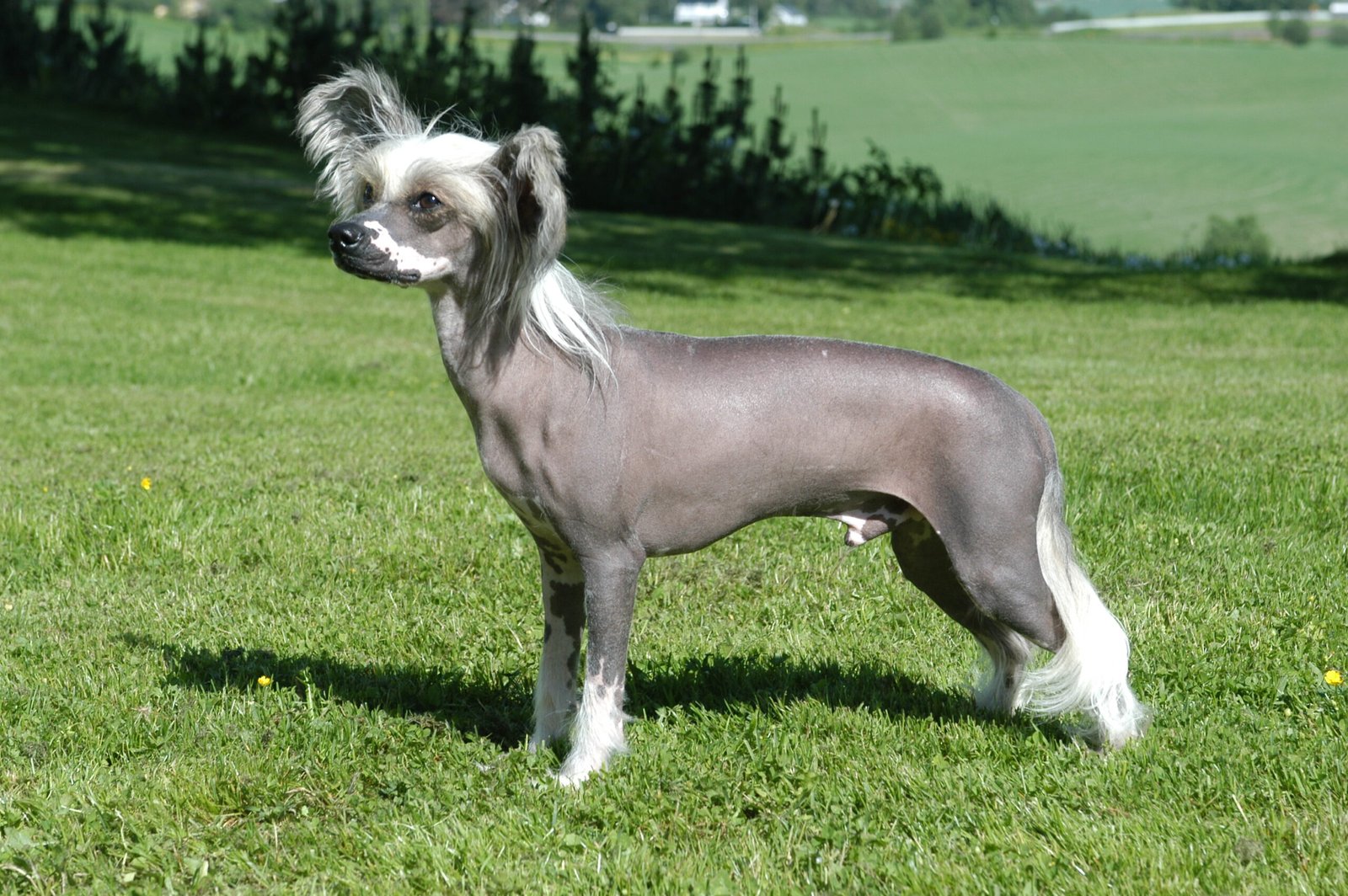
The Chinese Crested, with its unique appearance and hairless body (or a soft, powderpuff coat), is a true conversation starter. But this breed’s sensitive skin and slight build make it ill-suited for rough-and-tumble play. Children who want to cuddle or play with their dog may accidentally scratch or hurt the delicate skin of a hairless Crested. These dogs are also prone to nervousness and can become overwhelmed by the unpredictable behavior of young kids. Chinese Cresteds form strong bonds with their owners but may not tolerate new experiences or sudden changes well. They thrive in quiet, calm households and prefer gentle, predictable routines. If you’re looking for a robust, kid-friendly companion, the Chinese Crested’s unique needs may be too much for a busy family.
Yorkshire Terrier
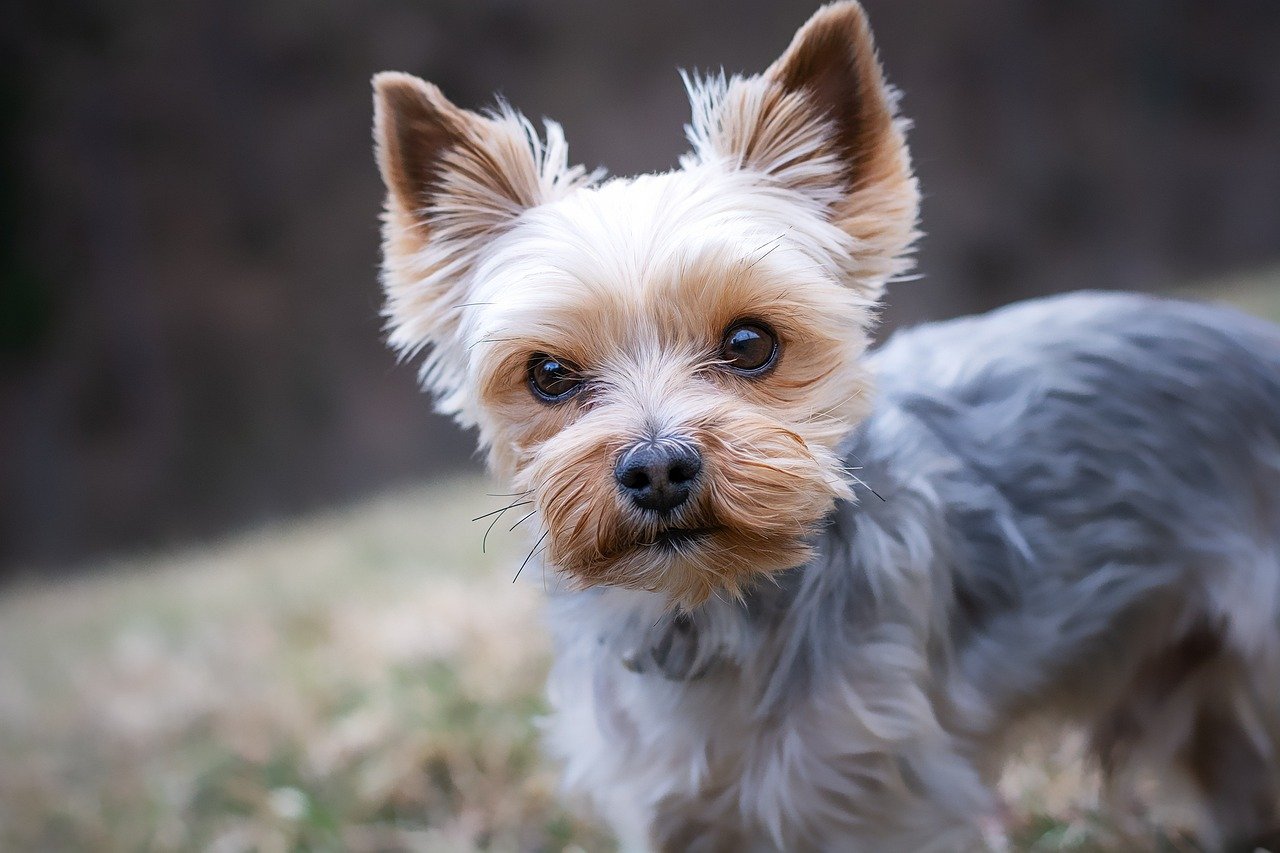
Yorkshire Terriers, or “Yorkies,” are spunky, spirited, and sometimes stubborn. While they’re famous for their glamorous looks and lively personalities, many Yorkies have a low threshold for chaos and unpredictability. They can be possessive of their toys and space, and don’t always have the patience for children’s noisy play. Yorkies are also prone to “small dog syndrome”—barking, nipping, and asserting themselves with little regard for their size. Their tiny bodies are vulnerable to injury from rough handling, jumping from furniture, or being dropped. While they can be loving with adults, Yorkies may not be the best match for families looking for a tolerant, playful pet for their kids. This breed thrives best with older, more considerate owners.
Dachshund
Dachshunds, with their long backs and stubby legs, are instantly recognizable and often adored. But their unique body shape puts them at risk for serious spinal injuries, especially if a child tries to pick them up incorrectly or lets them jump from furniture. Dachshunds are also known for being stubborn and sometimes possessive, which can lead to conflicts if a child tries to take away a toy or interrupt a nap. Their hunting instincts mean they can be snappy if startled, and they often let out loud barks at sudden noises. While Dachshunds can be playful, their patience for rough or unpredictable play is limited. In a family with young children, this breed’s combination of fragility and stubbornness can quickly lead to tears on both sides.
While many small dogs can make wonderful companions, not all are equipped to handle the energy, unpredictability, and noise that often come with children. Some breeds simply prefer a quieter, more controlled environment where they feel safe and secure. By understanding which small dog breeds may not be the best fit for families with kids, you can make a more informed, responsible choice—ensuring a harmonious home for both your new pet and your family. Ultimately, choosing a breed that matches your household’s lifestyle and dynamics is the key to building a positive, lasting bond.

Born and bred in South Africa, a Capetonian at heart. Amy-Leigh’s love for nature and animals was inherited from her Dad. He loves taking the family on road trips to experience nature at its finest; Amy-Leigh’s favourite being whale watching in Hermanus and spotting Kudu along the West Coast. Amy-Leigh holds a BA in English Literature and Communication Studies.

